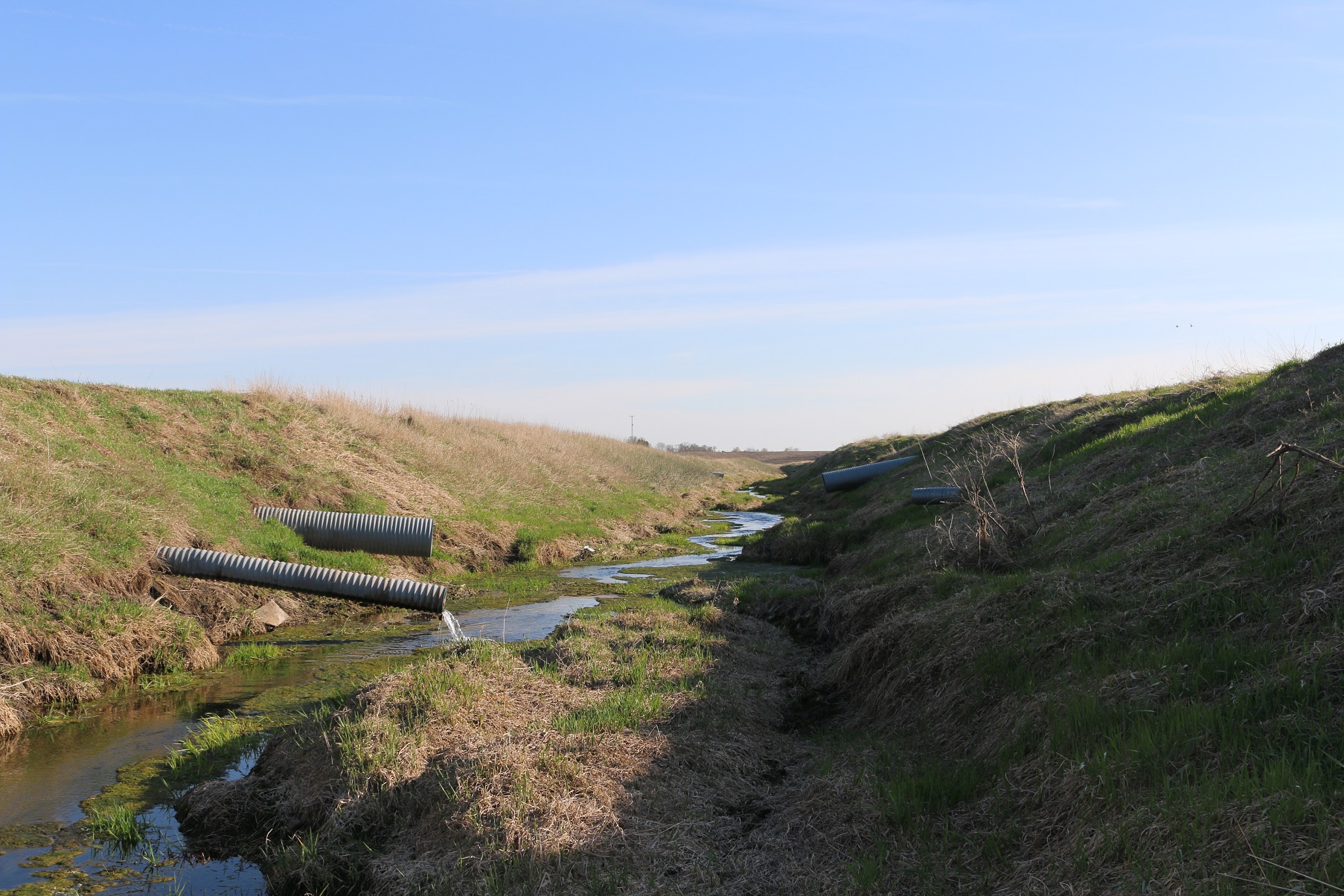
During Congressman David Young’s interview with a local paper June 30, he discussed the issue of water quality, and he made some interesting statements.
“We all want clean water,” he said. “The Federal Clean Water Act determines what is a good waterway.”

He is correct. The Clean Water Act says water should be drinkable, fishable and swimmable. Obviously, the Raccoon River does not meet those criteria, so it is on the list of Iowa’s polluted waterways.
Young also said, “If the EPA regulates ditches and tiles, that would shut down Iowa’s agriculture.”
He seemed to feel that regulations to improve water quality would be a burden to Iowa’s farmers and “throw things upside down.”
Three drainage ditch districts—not individual farmers—are in the process of being sued by the Des Moines Waterworks because they are allowing the discharge of pollutants, mainly nitrates, into Iowa’s rivers. If the courts determine this to be a “point source pollution,” it is a violation of the Federal Clean Water Act.
Perhaps Congressman Young is not aware that the states of Minnesota and Ohio have passed regulations that require buffer strips on the banks of their streams to reduce pollutants and fertilizer runoff. Their farm economies seem to be doing well.
If the Federal Environmental Protection Agency (EPA) were to impose regulations, many would require soil conservation practices, such as buffer strips, grass waterways, terraces, “no till” and many other practices found in the Nutrient Reduction Strategy Plan proposed by Iowa’s Department of Agriculture and Land Stewardship (IDALS).
These practices are being done by many conservation-minded farmers.
On a radio talk show in the spring, Congressman Young admitted he had not read the nutrient reduction plan. It seems as if he still has not read it. The IDALS admits that 90 percent of the nitrogen in Iowa’s streams comes from farm field run-off, and the plan lists ways to reduce water pollution.
He ended the interview, according to the local account, by saying, “We need to keep them (the EPA) in check.”
Does he mean the government should allow industrial agriculture to continue to pollute the streams with nitrogen, phosphorus and hog manure and do little or nothing to stop the pollution? Young says we all want clean water. What is his plan?
Maybe after he reads the lead story in the July 5 Des Moines Sunday Register, he will realize that nitrates in Iowa’s drinking water are a serious problem.
















